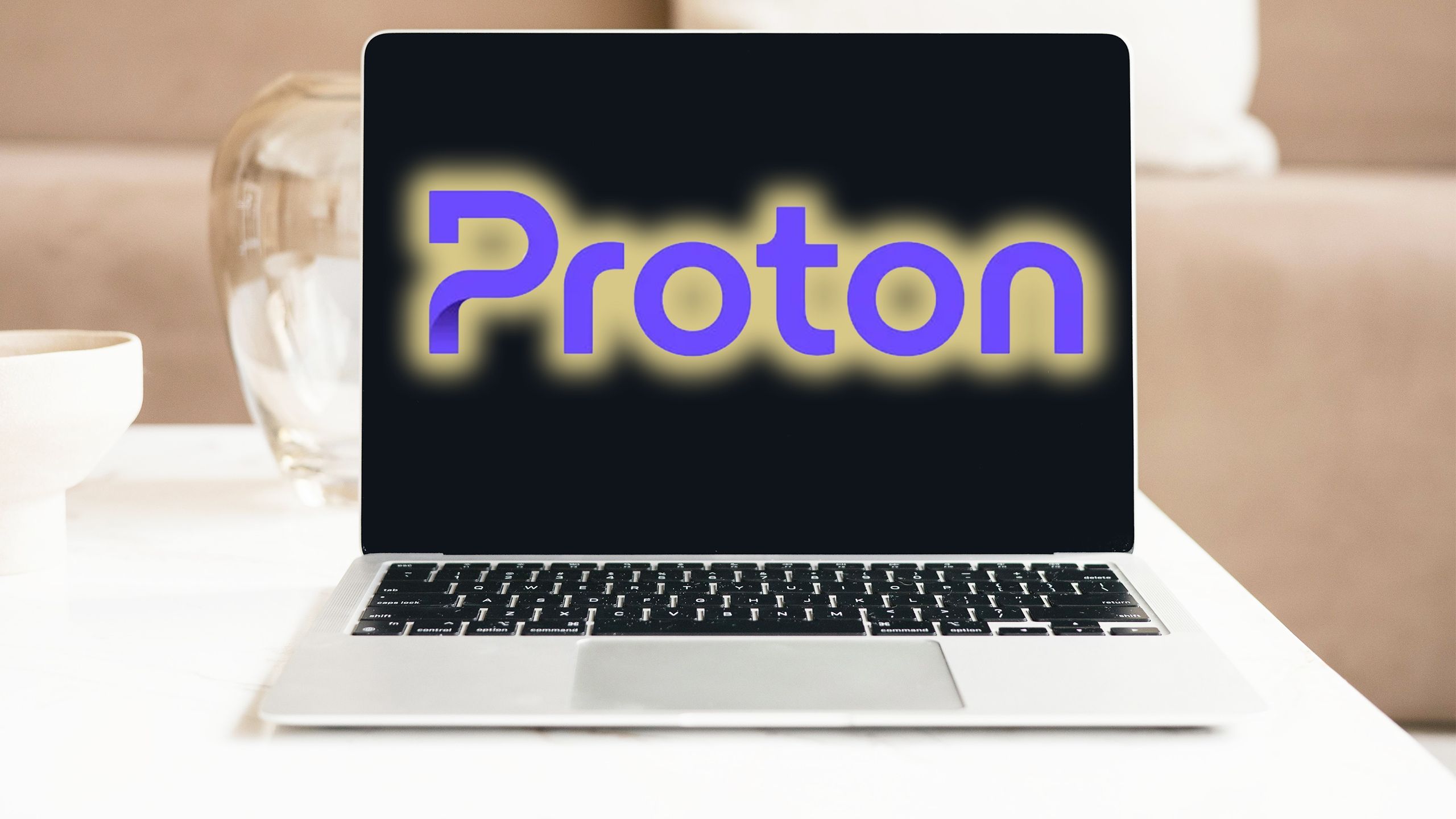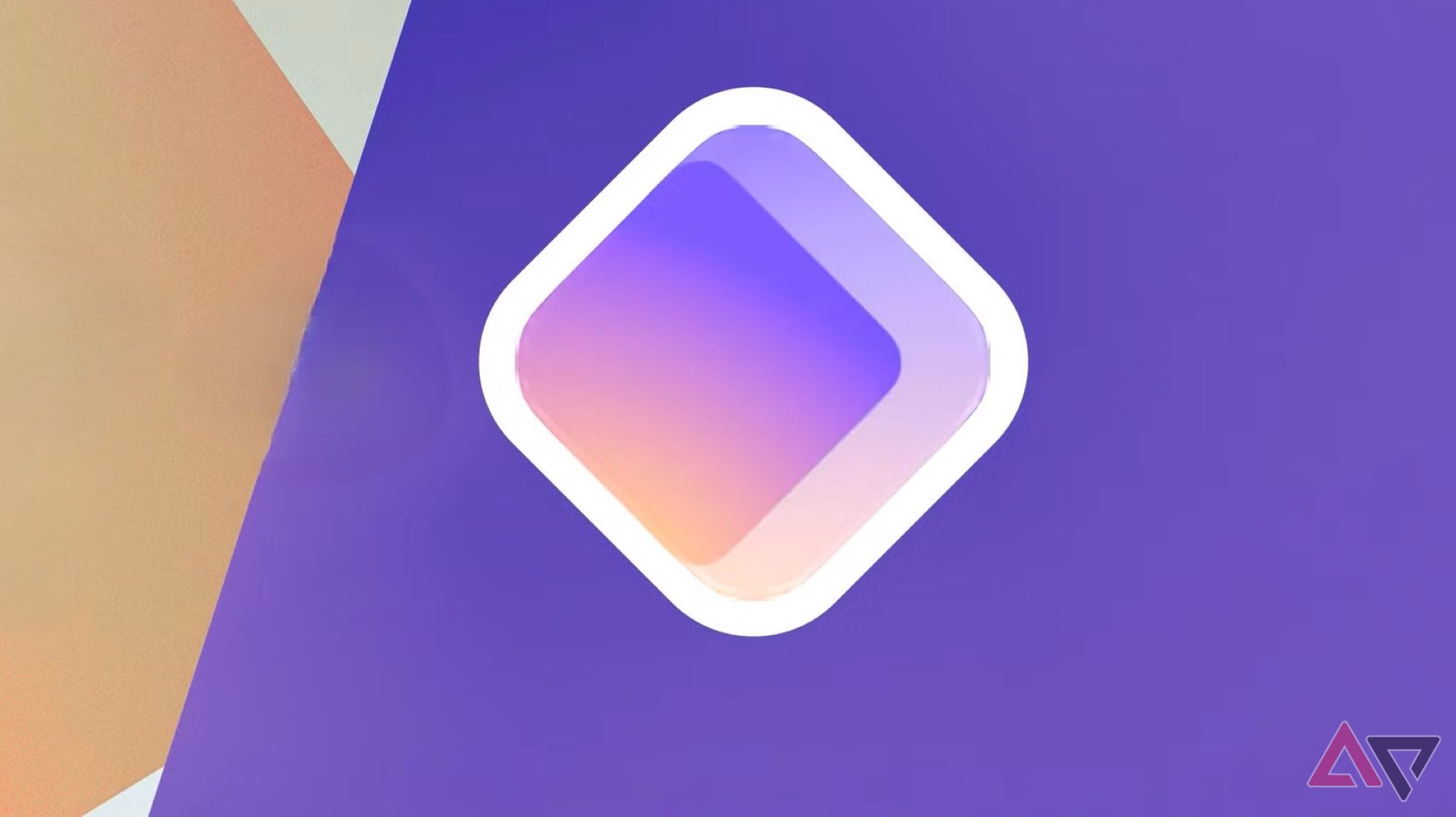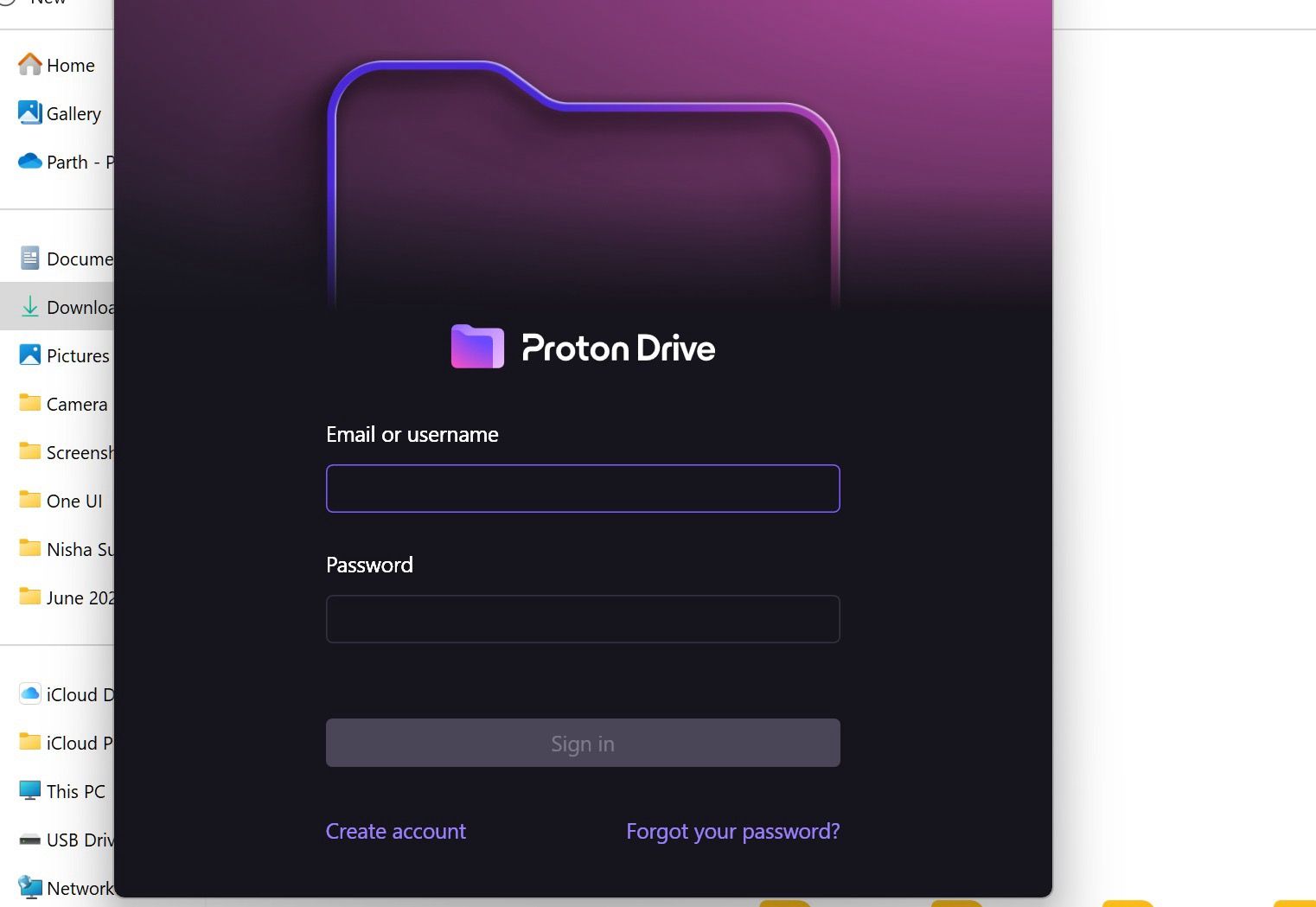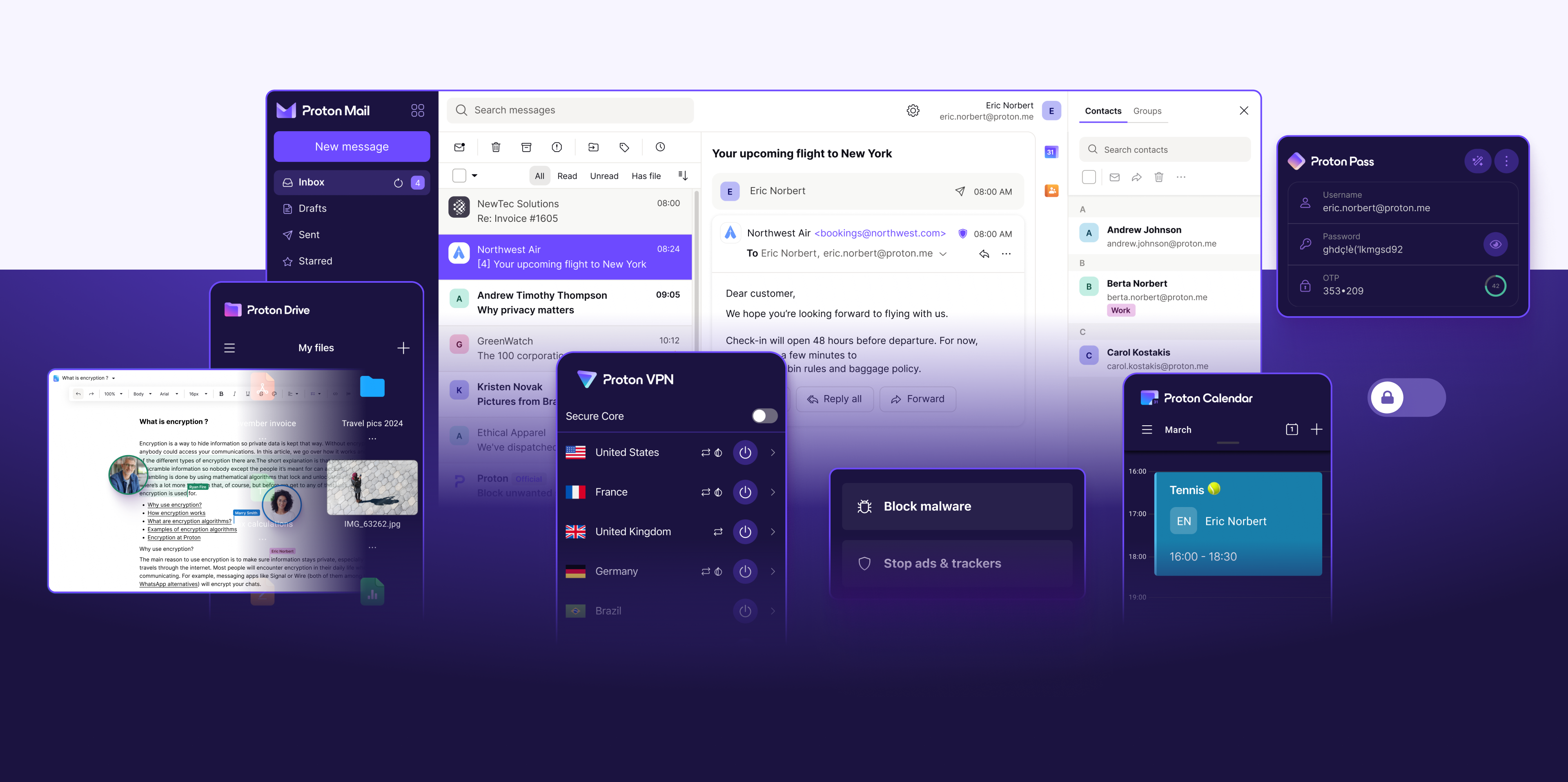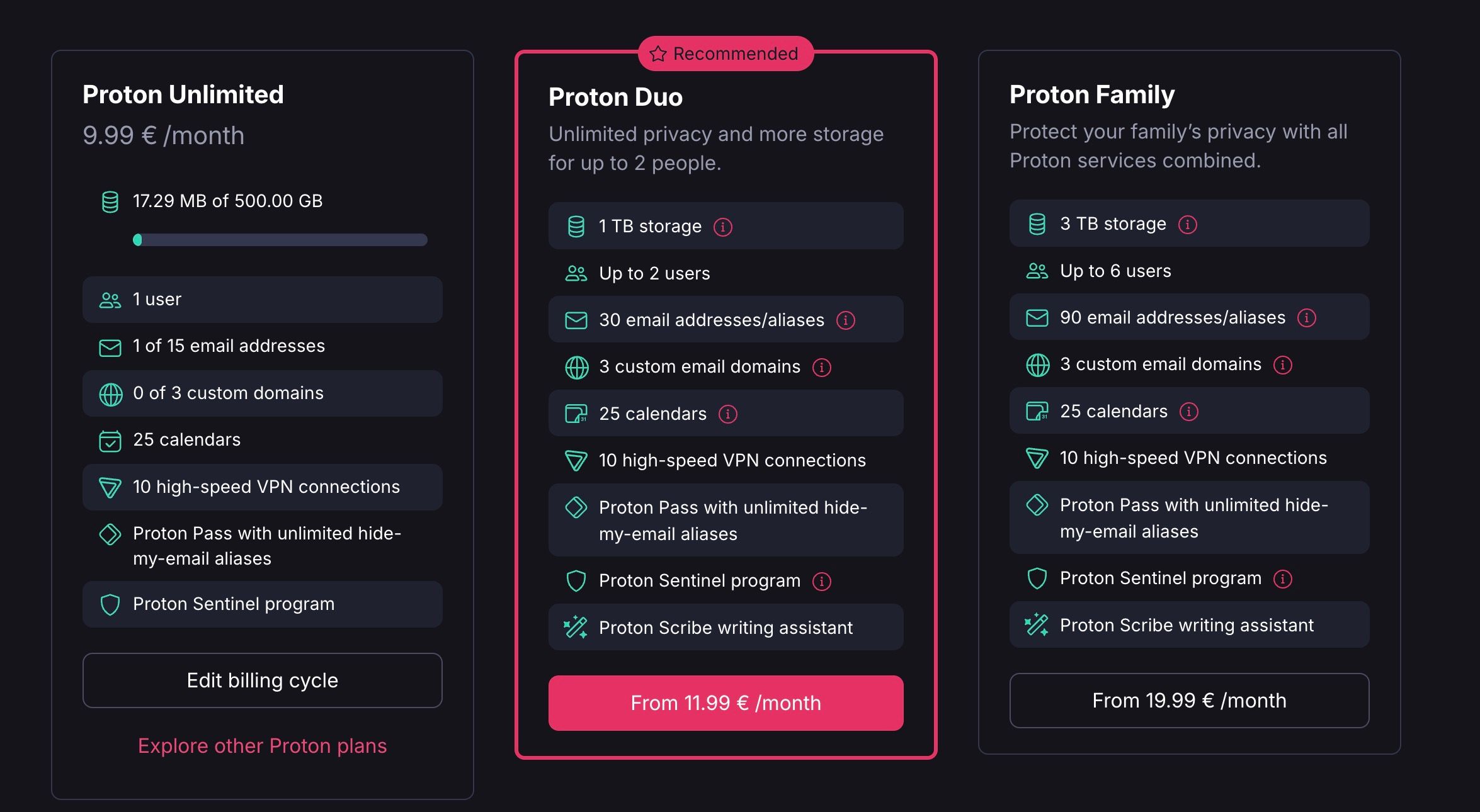I have been a loyal user of the Google ecosystem for years. It works well enough, but I’m increasingly uncomfortable with a single company having so much data about my online activity. That’s when I decided to explore alternatives and came across Proton’s offerings. It wasn’t just about secure email anymore; the company offers a complete suite of apps designed with privacy at their core.
Here’s how I broke free from Google’s data grip on my Android phone and desktop and found a new digital home with Proton.
Why I switched from the Google ecosystem
Privacy is important
Back in my college days, I didn’t give two hoots about data collection. But gradually, I realized that my entire digital life is meticulously tracked and analyzed. Every search query, email, photo, and video I upload to Google Photos, and my location — Google tracks everything for targeted advertising and who knows what else.
I started to realize just how much of my life Google knew, and that’s when I decided to break free. I began to question whether the benefits of using Google’s ecosystem outweighed the cost of sharing so much personal information.
Finding an alternative to the Google ecosystem
It takes a bit of work, but it’s possible
Source: Catherine Vitchenko / Android Police
Finding an alternative to Google’s ecosystem turned out to be more challenging than I initially thought. I did try several privacy-focused open-source tools, but they were from different companies and failed to work seamlessly with each other.
What about Apple’s ecosystem? Out of the question since their apps aren’t available on Android. I also dismissed Microsoft’s tools (Microsoft 365) as the software giant has a questionable approach to user privacy (especially with location services on Windows and the recent saga around Windows Recall).
That’s when I stumbled upon Proton and signed up for a free trial. It immediately ticked all the boxes for me and replaced Google apps across all my primary devices. The transition from Google to Proton wasn’t without its challenges, though, as there were some features and integrations that I missed. Yet, as I became more familiar with the Proton ecosystem, I discovered that it offered everything I needed and more.
An ecosystem of useful services and tools
As I mentioned above, there is no shortage of individual apps to replace Google’s ecosystem, but the biggest hurdle is they don’t work well with each other. However, that’s not the case with Proton. The company offers a range of products that work with a single, integrated ecosystem. For instance, I can create a new document right from Proton Drive, access my contacts and calendar events from Proton Mail, and so on.
The list of tools includes Proton Mail, Proton Drive, Proton Calendar, Contacts, VPN, Pass, and Docs. Only a note-taking app is missing from the list. That said, since Proton has recently acquired Standard Notes, I expect the company to integrate it with their pack sooner rather than later. Apart from that, it has everything I needed, all within a privacy-respecting environment.
Built around user privacy
While the convenience and feature set of Proton’s ecosystem are compelling, the biggest reason to choose Proton over others is privacy. Proton follows an open-source model and makes its code publicly available, so any independent security expert can review it to ensure that there are no hidden backdoors or vulnerabilities.
Plus, since Proton is headquartered in Switzerland, your data is protected by some of the most stringent regulations in the world. It goes without saying that Proton tools support end-to-end encryption, which means no one can access your files, emails, and personal data.
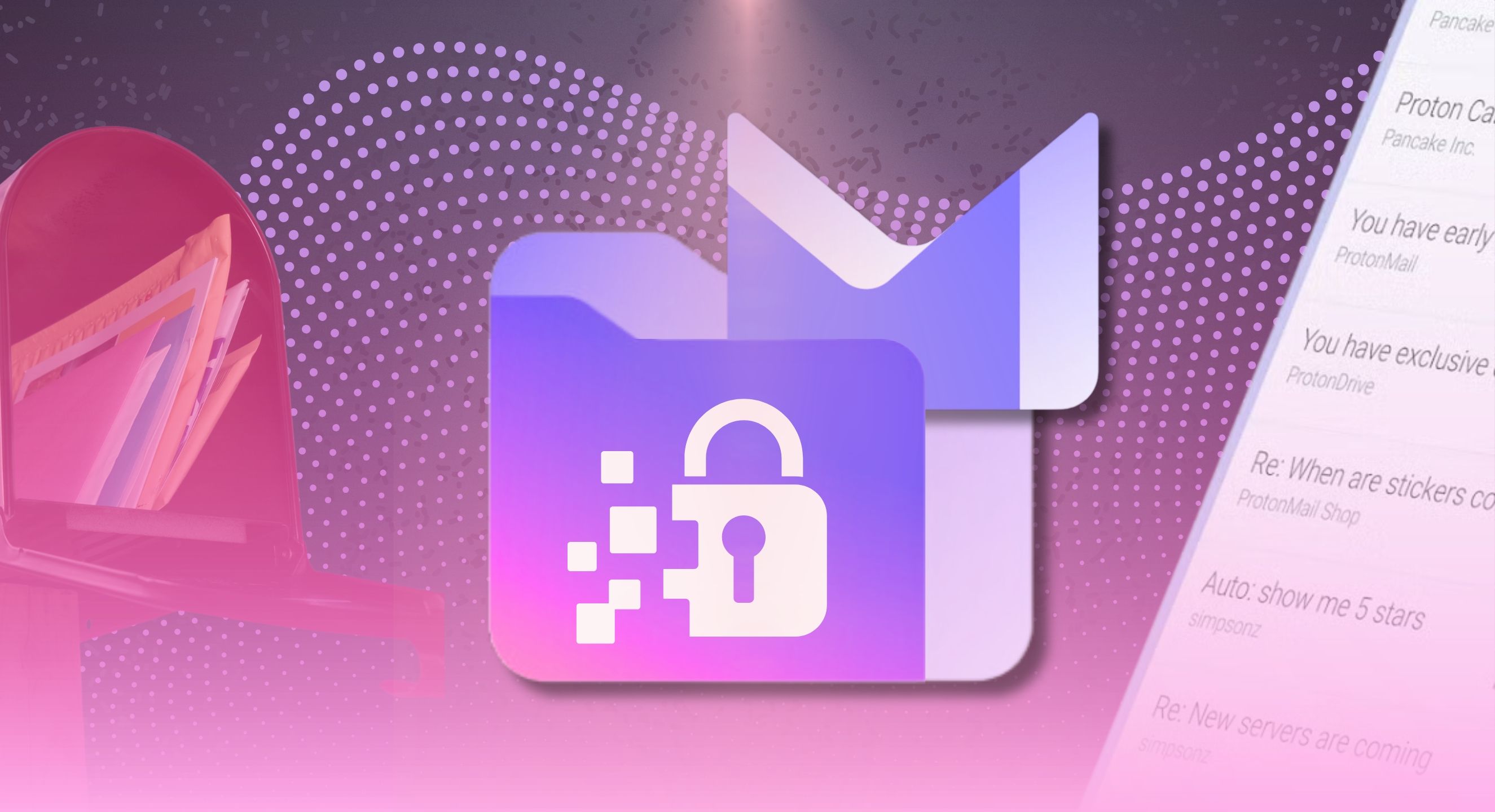
Related
How Proton Mail encrypts your email messages
Proton Mail’s premium privacy provisions explained
Dedicated cross-platform apps
Proton has covered the basics in style. The company’s dedicated apps are available on all platforms; I use a MacBook Pro, a Windows PC, a Pixel 8, and an iPhone 15 Pro in my workflow, and thanks to Proton’s cross-platform solutions, I don’t have to think twice before picking up any device to get the job done.
Besides, unlike Google’s services, Proton’s desktop apps are much more convenient than using a web version on Chrome or Edge. Also, if you have a Linux machine or a Chromebook, you can always use the web version to access your files and media.
Feature-rich solutions
Source: Proton
Proton didn’t just rave about privacy and called it a day. Proton apps are feature-rich, and in many ways, they even beat their Google counterparts. Take Proton Drive, for instance. You can generate password-protected and set expiry dates to links before sharing them with team members.
Proton Mail offers features like custom domains, advanced filters, integrated calendars and contacts, and even the ability to send self-destructing emails. Proton VPN has hundreds of servers worldwide, while Proton Docs has ample features to draft an engaging blog post.
My only gripe is downloading and uploading speeds on Proton Drive. They are quite slow and, at times, take ages to download large files.
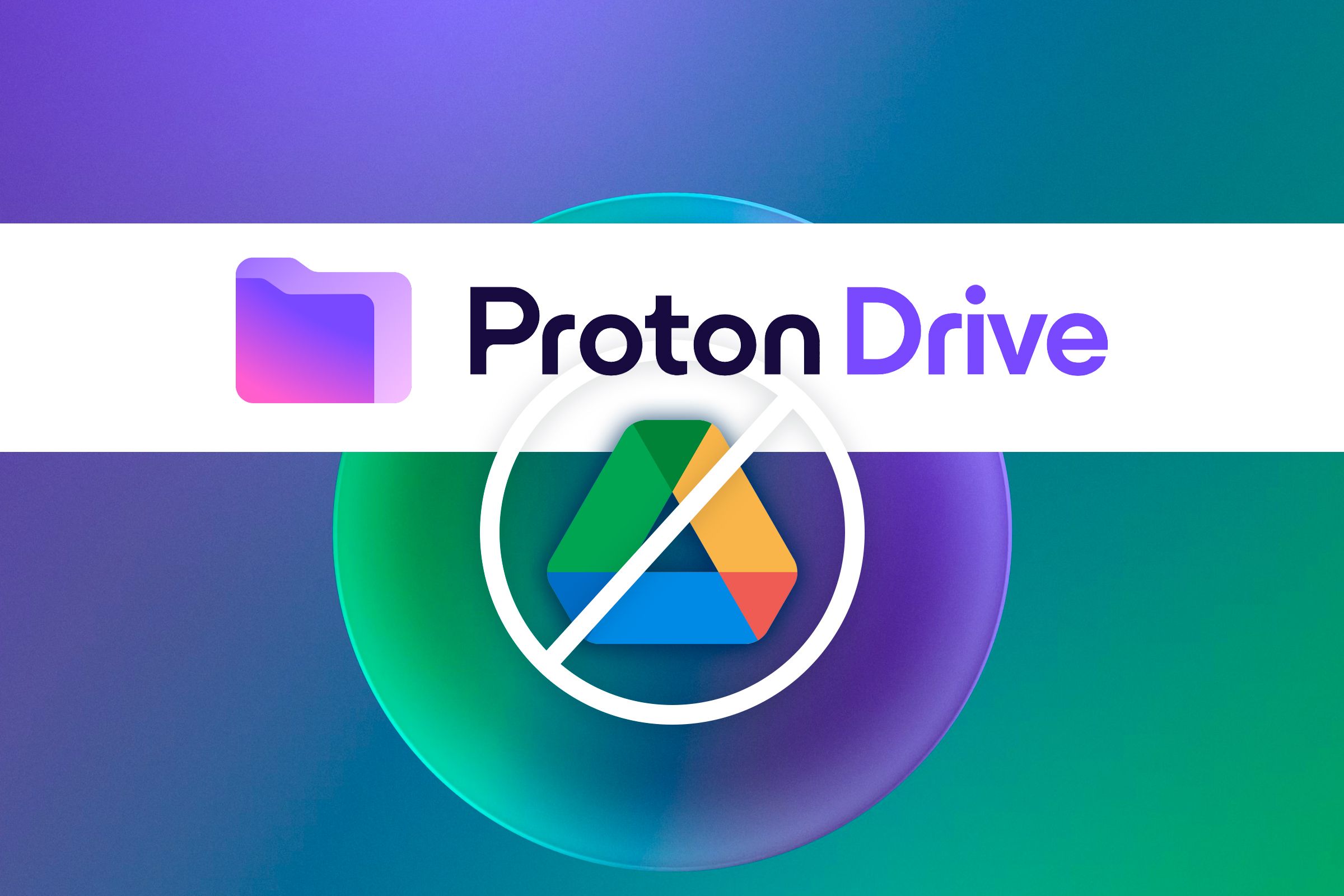
Related
4 reasons to switch from Google Drive to Proton Drive
My quest for secure cloud storage finally ended with Proton Drive
Multiple subscription tiers
Proton offers multiple subscription plans to choose from. I started with the Proton Unlimited plan and eventually enrolled my better half using Proton Duo. You can even opt for Proton Family to welcome all your family members into the Proton ecosystem.
All these plans come with a 30-day money-back guarantee, so there’s no harm in trying them out.
From Google to Proton: My one-way trip
Making a switch from Google to Proton wasn’t easy. There were some inconveniences, especially with exporting and importing years of data. Although Google’s convenience is undeniable, the constant data collection and targeted ads have become serious concerns. If you’re feeling trapped in the Google ecosystem and looking for a privacy-driven alternative, give Proton a try.
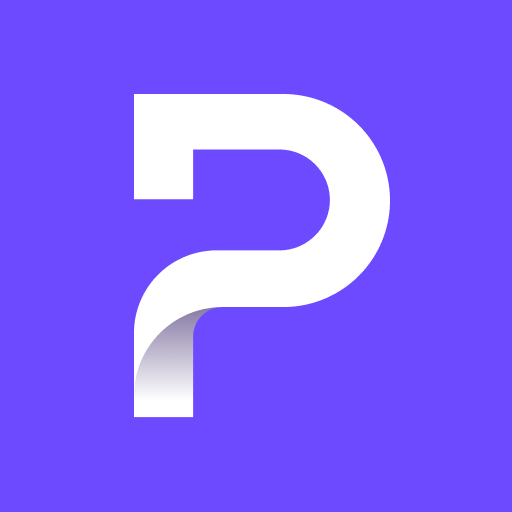
Proton Unlimited
Proton Unlimited is the company’s premium subscription service that gives you access to the top-end versions of Mail, Calendar, Drive, VPN, and Pass. If you want the full Proton package, you’ll want to sign up for a monthly or yearly subscription to Proton Unlimited.

